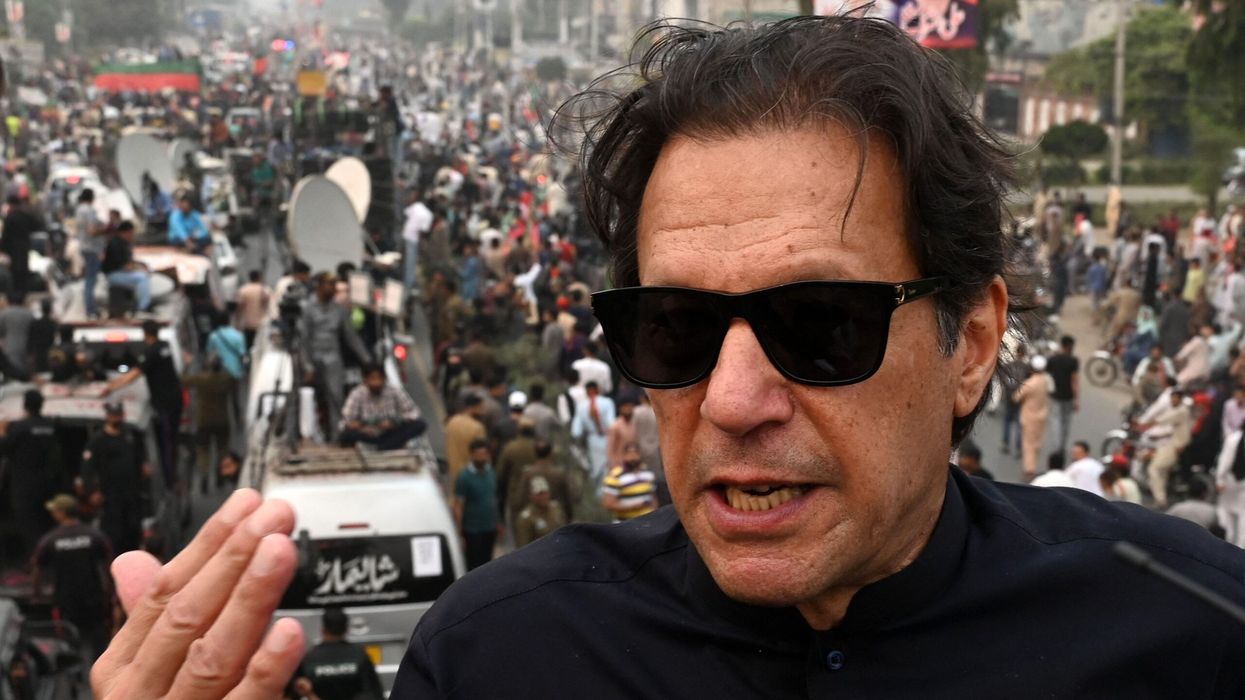PAKISTAN's Supreme Court on Thursday granted bail to former prime minister Imran Khan in eight cases linked to the May 9 violence.
The violence erupted on May 9, 2023, when Khan’s supporters engaged in vandalism and rioting after his detention by law enforcement in Islamabad. Multiple cases were registered against Khan and leaders of his Pakistan Tehreek-e-Insaf (PTI) party for their alleged involvement.
A three-member bench of the apex court, headed by Chief Justice Yahya Afridi, granted bail after hearing arguments from Khan’s lawyer Salman Safdar and Punjab Special Prosecutor Zulfiqar Naqvi, who represented the state.
Khan, 72, in a social media post following the verdict, said the end of the “night of oppression” in his country was near.
“My message to the entire nation, to my workers and to the party leadership is that your captain is still standing tall with his head held high. Have no fear," Khan said.
“We must not, under any circumstances, bow our heads down before tyranny and oppression. Remember -- no matter how long and dark the night may be, dawn is certain to break. The end of this night of oppression is near. God willing, the sun of justice and freedom will soon rise," he said.
PTI welcomed the ruling with the hashtag “Victory For Imran Khan” on X. Its international spokesman Zulfiqar Bukhari said Khan now required bail in just one case.
“Supreme Court has granted bail to Imran Khan for May 9th cases, now bail is needed for just one more case (Al Qadir case) for Mr Khan to come out of jail,” he said.
Bukhari added that despite the relief, Khan would not be released because of his conviction in the Al-Qadir Trust case.
Khan had earlier filed a bail petition before a Lahore anti-terrorism court in cases related to the May 9 riots, including the attack on the Lahore corps commander’s residence, but it was dismissed in November 2024. His plea was later rejected by the Lahore High Court on June 24 this year. Khan then challenged the decision in the Supreme Court.
The former prime minister continues to face multiple other cases filed against him after his ouster from office in April 2022. He has been imprisoned since August 2023 and is serving a sentence in the 190 million pounds Al-Qadir graft case at Adiala Jail in Rawalpindi.
(With inputs from agencies)





